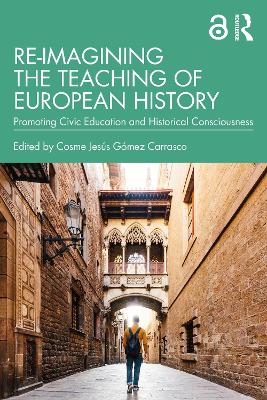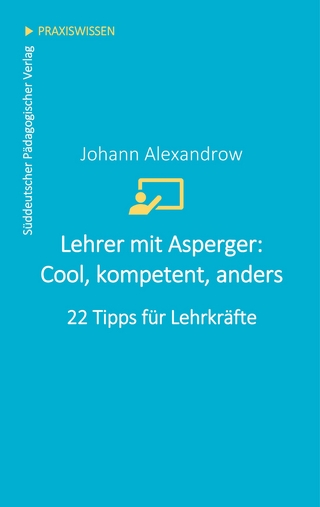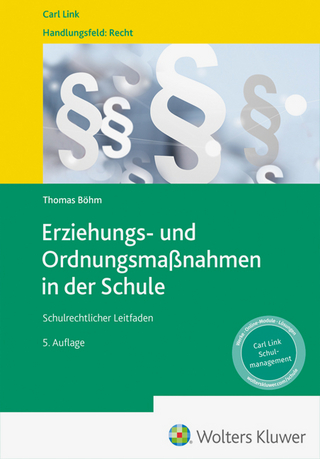
Re-imagining the Teaching of European History
Routledge (Verlag)
978-1-032-29427-8 (ISBN)
This book explores the challenges of teaching European history in the 21st century and provides research-informed approaches to history teaching that combine civic education, historical consciousness, and the teaching of controversial social issues.
With contributions from researchers across Europe, the book includes both theoretical and case study chapters. The first part of the book addresses issues such as globalization and teaching in an interconnected world, using multicultural and critical approaches, decolonizing education, and teaching uncomfortable narratives of the past. The second part of the book showcases thematic chapters dedicated to teaching intersecting topics in the European curriculum such as violence and armed conflict, social inequality, gender equality, the technological revolution, and religion.
Ultimately, this volume promotes criticality, civic engagement, and reflection on social issues, thereby prompting methodological change in the teaching of history as we know it. It will appeal to researchers and students of history education, democratic education, and citizenship education, as well as teacher educators and trainee teachers in history.
The Open Access version of this book, available at www.taylorfrancis.com, has been made available under a Creative Commons Attribution-Non Commercial-No Derivatives 4.0 license.
Cosme Jesús Gómez Carrasco is Senior Lecturer, Social Sciences Teaching, University of Murcia, Spain.
Introduction: re-imagining the teaching of European history from historical thinking and civic engagement Part I: Teaching approaches on history education 1. History education and democracy 2. The origin and development of research into historical thinking: a key concept in the renewal of history education 3. Digital resources for rethinking history education 4. Narratives of the past: a tool to understand history 5. Controversial heritage for eco-citizenship education in Social Science didactics: Implications for initial teacher education Part II: Cross-cutting topics on European history 6. Landscapes, agriculture, peasants and environment in the history of Europe 7. Social and economic impact of technological revolutions in Europe 8. Bourgeoisie and peasantry: unequal but necessary to understand European history and its identity 9. Family, daily life and social inequality in Europe 10. Power and powers in the history of Europe: oligarchies, political participation and democracy 11. Under a cloak of terror: violence and armed conflict in Europe 12. Persecuted by justice and powers: outcasts, rebels and criminals in the history of Europe 13. Women, gender, and the fight for gender equality in Europe 14. Travel stories and travelers: transdisciplinary approaches and proposals for a history of Europe 15. Churches and religion in Europe: interdisciplinary methods and approaches for a European history Epilogue: "we wanna learn like common people whatever common people did"
| Erscheinungsdatum | 02.12.2022 |
|---|---|
| Zusatzinfo | 3 Tables, black and white; 7 Line drawings, black and white; 1 Halftones, black and white; 8 Illustrations, black and white |
| Verlagsort | London |
| Sprache | englisch |
| Maße | 156 x 234 mm |
| Gewicht | 380 g |
| Themenwelt | Sozialwissenschaften ► Pädagogik ► Bildungstheorie |
| Sozialwissenschaften ► Pädagogik ► Schulpädagogik / Grundschule | |
| Sozialwissenschaften ► Pädagogik ► Schulpädagogik / Sekundarstufe I+II | |
| ISBN-10 | 1-032-29427-2 / 1032294272 |
| ISBN-13 | 978-1-032-29427-8 / 9781032294278 |
| Zustand | Neuware |
| Informationen gemäß Produktsicherheitsverordnung (GPSR) | |
| Haben Sie eine Frage zum Produkt? |
aus dem Bereich


